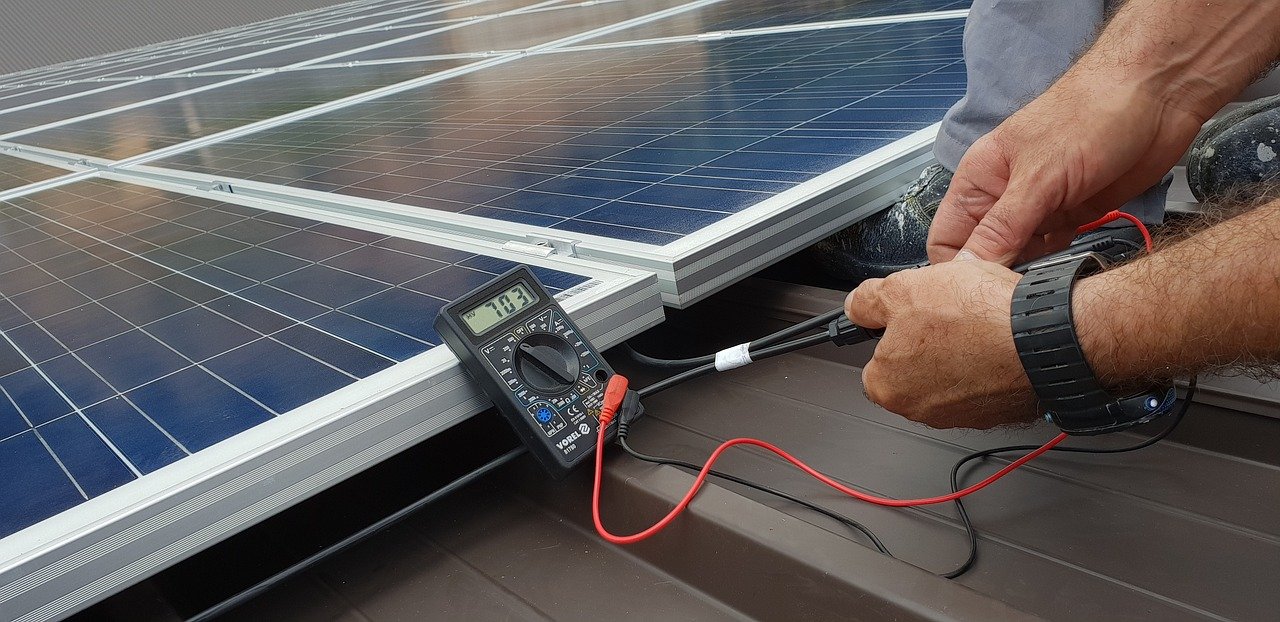How To Know if DIY Solar Panel Installation Is a Good Choice for You


Many homeowners are turning to rooftop solar panels for affordable, clean energy production. There are advantages to installing your own solar panels. For example, you'll know exactly how the system is configured, mounted and connected to the rest of your wiring. This is great if something goes wrong down the line. Of course, there are also tremendous cost savings you can realize by not hiring an installer.
There are also drawbacks. Consider that an improperly secured panel could come loose and fall off your roof. This would not only ruin the panel — and set you back a significant amount of money — but it can also damage the roof and other, adjoining, panels in the fall. You also have very real risks associated with connecting to the power grid, which allows for net metering, and adding backup batteries.
It is often helpful to look at a few things before deciding to take on installing your roof-top solar panels. The following questions can help you make an informed decision.
How Do You Feel About Heights?
This is as good a place as any to start. If you are planning to put your panels on the roof, you will want to be completely comfortable working while elevated. A sprawling ranch might not be so bad, but add on a second floor and you're going to want to make sure you are up to date on ladder safety and how to use a harness to tie in. If this sounds like it might be a little more than you bargained for, you might want to hire a professional installer.
Are You Good With Power Tools?
You'll also need to be very comfortable using power tools around expensive equipment. The panels might be pre-wired so you only have to join connectors, but they will need to be mounted securely. This is often a roof, but you could also decide to go with another configuration, like a moveable ground-based system that tracks the sun.
The process of installing solar panels may also require you to build a storage system for batteries if you want to add them. Most companies do not advise keeping solar batteries in your home, but instead, recommend an outdoor cabinet to protect them from the elements.
Are You Comfortable Working With Electrical Wiring?
Finally, there is a lot of electrical wiring that needs to be done on a solar panel system — yes, even on those labeled easy to install. Connecting multiple panels, adding extensions, and converting the power produced may all require basic electrical knowledge. If you don't feel comfortable with that, you might not want to do a self-install. Keep in mind that if you want a grid-tied system, your utility company may require that step be done by a licensed electrician or installer.
Do You Need a Battery Backup or Generator System?
Adding a battery backup or generator can make installation much more complicated. This involves much more than attaching a few panels and can be dangerous if done incorrectly. If you still want to do it, look for an installer who will let you mount the panels while they connect the system to your backup power source.
Why Do You Want To Install Your Own Solar Panels?
Finally, ask yourself why you want to do the installation yourself. There are lots of reasons people offer for installing their panels. You may be looking to increase self-sufficiency, or maybe it's simply a matter of saving money. Either way, identifying your reasons behind the choice can help you know which risks are worth taking.
Final Thoughts
Solar panels are a popular way to provide renewable energy and come homeowners are opting to install their own systems. Asking yourself a few questions about abilities, limitations and motivation can help you decide if that is the right choice for your situation.
